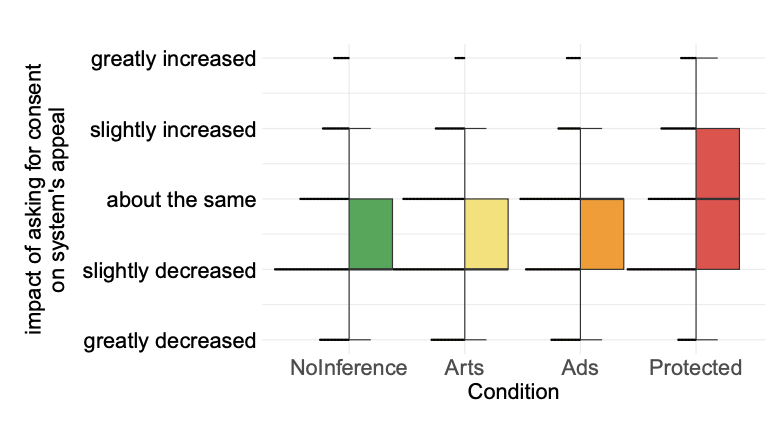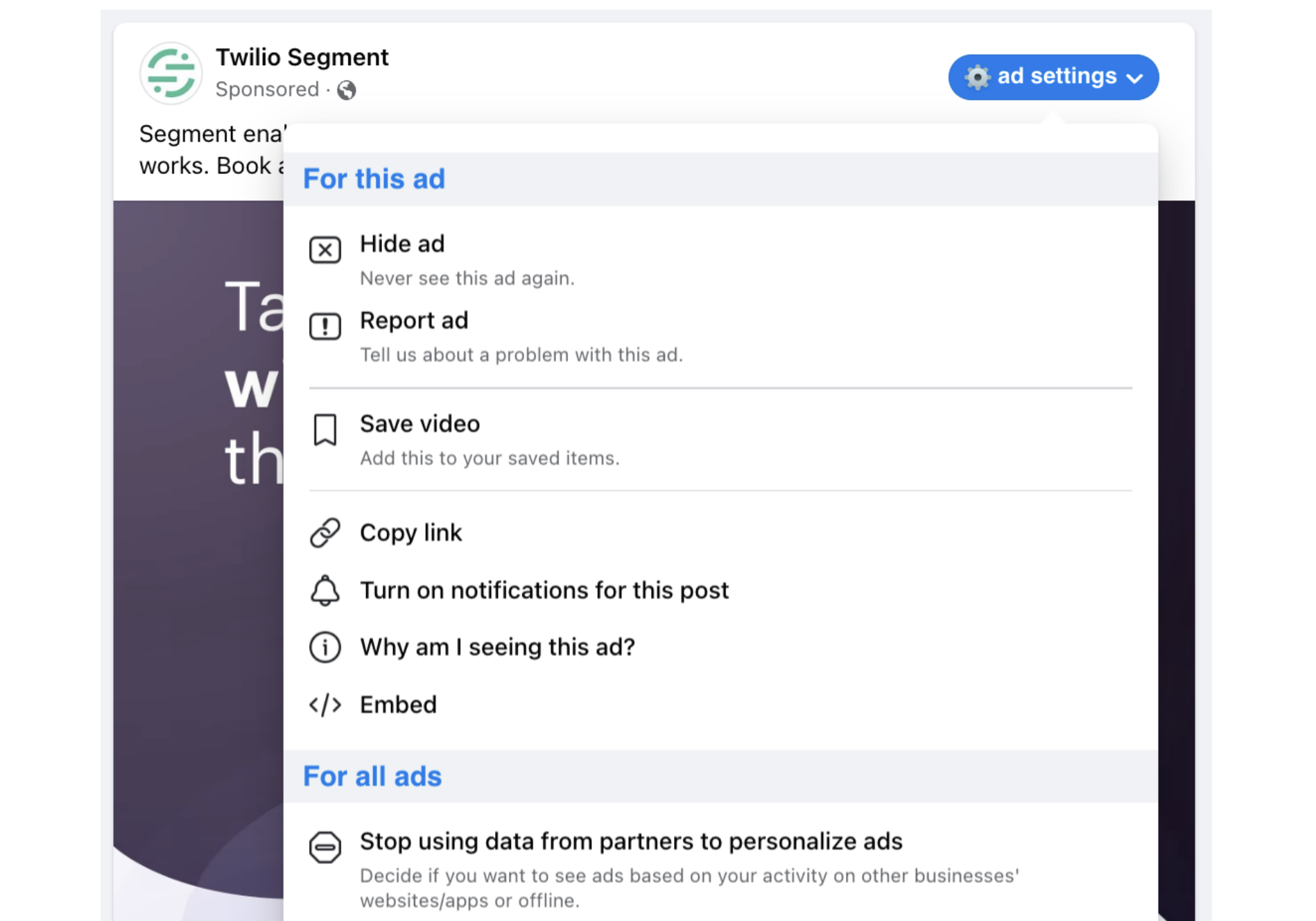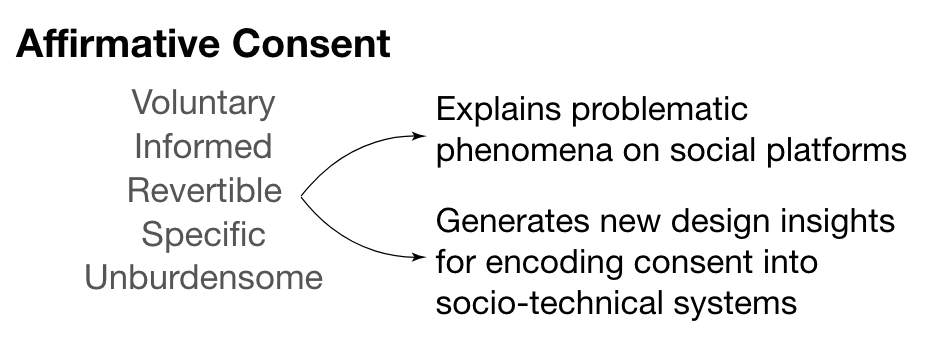EECS Rising Star
Meta Research PhD Fellowship
(selected on my fourth try)
University of Michigan Barbour Scholarship
ACM CHI 2021 Honorable Mention
ACM WebSci 2020 Best Paper Runner Up
Photos taken after my defense
I am a tenure-track faculty member at the CISPA Helmholtz Center for Information Security, which is part of the Helmholtz Association. I lead the Real-world Interactions and Systems for Change (RISC) Group at CISPA. I obtained my Ph.D. from both the University of Michigan School of Information and Department of Computer Science and Engineering. My advisor was the incomparable Kentaro Toyama.
I am a Human-Computer Interaction and privacy researcher. I design and build computational systems that center people's consent regarding their interactions and data. Consent is fundamentally about ensuring individuals—especially those who tend to be vulnerable—have meaningful agency to decide whether and how an interaction should occur. My work produces deployable system designs, theoretical frameworks, and empirical evidence for building consentful systems. I research these topics because I believe they are important for creating positive social change (hence, my group name).
EECS Rising Star
Meta Research PhD Fellowship
(selected on my fourth try)
University of Michigan Barbour Scholarship
ACM CHI 2021 Honorable Mention
ACM WebSci 2020 Best Paper Runner Up
Photos taken after my defense
Selected Full Papers

Sumit Asthana, Jane Im, Zhe Chen, Nikola Banovic
CHI 2024

Jane Im, Ruiyi Wang, Weikun Lyu, Nick Cook, Hana Habib, Lorrie Cranor, Nikola Banovic, Florian Schaub
CHI 2023
Invited by FTC to present to policymakers at PrivacyCon 2024

Jane Im, Jill Dimond, Melody Berton, Una Lee, Katherine Mustelier, Mark Ackerman, Eric Gilbert
CHI 2021